The quality of project management and consulting is not high.
According to the assessment of the City Department of Transport, the Transport Department is currently assigned to be the investor of 162 projects and to carry out state supervision of 8 PPP projects. Of which, there are 2 important national projects, 10 group A projects and group B and C projects. The management workload is very large, with a total current workforce of 239 people, which means that on average, less than 2 people manage 1 project.
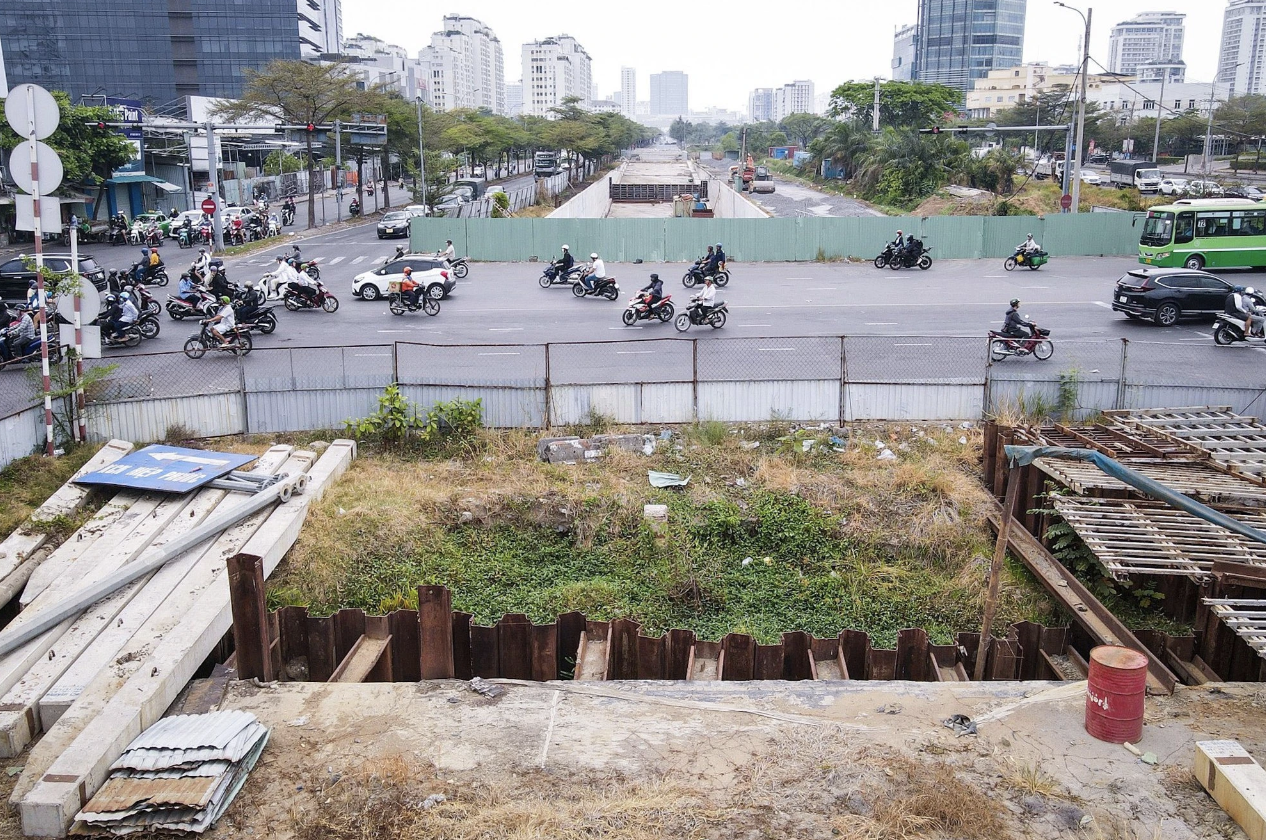
In Ho Chi Minh City, many key projects are delayed.
The Department believes that with the current model and number of project managers, the Traffic Department still has many limitations and shortcomings. Specifically, the Traffic Department currently has 10 Project Management Boards managing more than 162 projects, but the Management Boards do not have legal status and do not have enough authority and functions to coordinate with related agencies, units and organizations.
In addition, in the project preparation stage: project preparation consulting work is not of high quality, sometimes interrupted, reducing investment efficiency.
For example, the Ho Chi Minh City - Moc Bai Expressway project was assigned by the City People's Committee to carry out investment preparation work from December 17, 2021, but up to now, nearly 2 years have passed since the project's pre-feasibility study report has not been approved by the competent authority for investment policy.
In addition, during the implementation of some projects, there are still limitations and shortcomings that affect the progress, quality of the project and investment efficiency. For example, Ring Road 3 and Ho Chi Minh City - Moc Bai Expressway are large-scale projects with complex techniques, involving many sectors and many participating entities. Investors have not promptly identified complex and difficult issues to proactively propose and promptly report to competent authorities for resolution.
"At meetings chaired by the leaders of the City Department of Transport, many meetings, the leaders of the Transport Department could not arrange time to attend to give their opinions and resolve the issues right at the meeting, but only sent leaders of the Project Management Board to attend. Therefore, the progress of resolving arising issues was slow and not promptly resolved," the report of the Department of Transport stated.
According to the leader of the Department of Transport, Ho Chi Minh City is a special urban area, project management work is related to many sectors and fields and has specific characteristics, therefore, it requires project managers to have good professional qualifications, experience, management capacity and skills to solve problems arising during project implementation.
"Thus, with the increase in both scale and number of projects in the coming time, if we only maintain one specialized Transport Project Management Board (Transport Board) as it is now, it will exceed the capacity to manage and operate the project, making it difficult to meet the requirements on project progress and quality and not ensuring the completion of tasks and socio-economic development targets of the city", the Department of Transport assessed and proposed the need to establish another specialized Transport Construction Investment Project Management Board under the Ho Chi Minh City People's Committee.
Inaccurate and unfair evidence!
Responding to the comments of the Department of Transport, the Transport Board stated that the Department had used many inaccurate data and assessments that did not reflect the true nature of the incident... leading to many assessments and conclusions that were not objective and not appropriate. In particular, the above assessment would easily cause the misunderstanding that all current delays were caused by the Transport Board.
Specifically, regarding the volume of management, the Traffic Department said that although the total number of projects assigned to the Department as the investor is 162, of which, 67 projects have been and are being finalized and completed, 24 projects are preparing for investment. Therefore, the key tasks and work in reality only focus on 71 projects, including 23 projects under direct construction and 48 projects that are removing difficulties and obstacles in compensation and site clearance (GPMB).
Not to mention, currently, 3/10 Project Management Boards are managing 1 project (that is Green Transport Project Management Board: managing 1 Green Transport development project, Infrastructure Project Management Board 1 managing 4 bid packages of the City Water Environment Improvement Project, Phase 2; Infrastructure Project Management Board 2 in charge of 2 bid packages of the City Water Environment Improvement Project, Phase 2).
Thus, with a total of 25 officers and employees of these 3 Project Management Boards managing 2 projects (Green Transport Project and City Water Environment Improvement Project, Phase 2); an average of 13 people managing 1 project, completely different from the figure of "an average of less than 2 people managing 1 project" (determined by the Department of Transport by dividing the total number of 239 people by the total number of 162 projects). If the actual characteristics of the projects managed by the Transport Board are updated as presented, this number will be: "10 people managing 1 ongoing project".
Regarding the organization and operation of the Project Management Board, the report of the Department of Transport stated: "Although the current organizational structure of the Transport Board has 10 Project Management Boards to organize and manage more than 162 projects, the characteristics of these Project Management Boards are that they do not have legal status and do not have enough authority and functions to coordinate with relevant agencies, units and organizations (especially local authorities where the project passes through) to resolve work during project implementation, leading to overload in the direction and operation of the Transport Board's leaders".
However, the leaders of the Traffic Department objected: According to the regulations and requirements for streamlining the organizational structure of state agencies, each Project Management Board has only 1 Board of Directors and affiliated Project Management Boards. With the solution of decentralization and maximum delegation of authority to the Heads of affiliated Project Management Boards, these units can still preside over daily work and coordinate with localities.
"If the Department of Transport argues like that, then how will the upcoming Specialized Project Management Board, assuming it is established according to the Department of Transport's proposal, overcome these shortcomings? Each affiliated board will have its own seal, its own accountant... to have enough authority to transact with localities?" - raised the question.
Regarding delays in the project preparation phase, using the example of the Ho Chi Minh City - Moc Bai Expressway, the Transport Department explained that the project implementation in the past 2 years had many reasons that made the progress prolonged, not due to the fault of this unit. Specifically, such as having to recalculate the scale of change from 4 limited lanes to 4 complete lanes according to the new policy of the Prime Minister; having to complete procedures to add 2,900 billion VND to the project from the central budget for 2 localities (unprecedented); adjusting the planning, route direction...
Similarly, the delays in the construction and expansion project of part of National Highway 50 are not only caused by the Traffic Department but also by the Ministry of Transport, VEC and localities. Or for the construction project of the Dinh Crossroads, the delays are mainly related to the updating and adjustment of the planning by the People's Committee of District 12...
"Therefore, the conclusion that all delays are due to the Traffic Department is unfair and not objective," the Traffic Department leader affirmed.
In general, the Department of Transport agrees that it is necessary to continue to improve the organizational structure, increase the application of information technology in management, strengthen inspection and supervision, and accelerate the progress of implementing transport projects. However, it does not agree with the way the Department of Transport selects information, data, analysis, and comments.
"In case the City People's Committee and the City Department of Transport find that in the coming years there is a need for an additional specialized transport project management board under the City People's Committee (tentatively called the new transport project management board), the Transport Board proposes the new board model and its relationship with the current Transport Board as follows: The new transport project management board will have similar functions and tasks to the current Transport Board and will have additional functions and tasks of managing transport projects implemented under the PPP method and pilot projects, breakthroughs in mechanisms in the spirit of Resolution 98" - the document of the Transport Board clearly stated.
Source link


![[Photo] President Luong Cuong presents the decision to appoint Deputy Head of the Office of the President](https://vphoto.vietnam.vn/thumb/1200x675/vietnam/resource/IMAGE/2025/5/8/501f8ee192f3476ab9f7579c57b423ad)
![[Photo] Prime Minister Pham Minh Chinh meets with the Policy Advisory Council on Private Economic Development](https://vphoto.vietnam.vn/thumb/1200x675/vietnam/resource/IMAGE/2025/5/8/387da60b85cc489ab2aed8442fc3b14a)
![[Photo] General Secretary To Lam begins official visit to Russia and attends the 80th Anniversary of Victory over Fascism](https://vphoto.vietnam.vn/thumb/1200x675/vietnam/resource/IMAGE/2025/5/8/5d2566d7f67d4a1e9b88bc677831ec9d)
![[Photo] National Assembly Chairman Tran Thanh Man chairs the meeting of the Subcommittee on Documents of the First National Assembly Party Congress](https://vphoto.vietnam.vn/thumb/1200x675/vietnam/resource/IMAGE/2025/5/8/72b19a73d94a4affab411fd8c87f4f8d)
![[Photo] General Secretary concludes visit to Azerbaijan, departs for visit to Russian Federation](https://vphoto.vietnam.vn/thumb/1200x675/vietnam/resource/IMAGE/2025/5/8/7a135ad280314b66917ad278ce0e26fa)

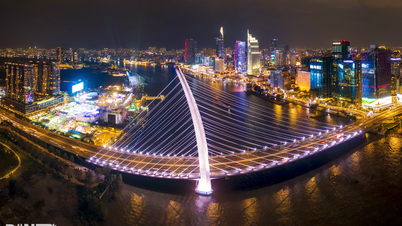

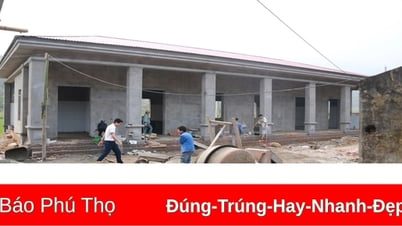

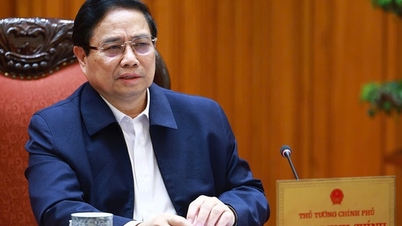



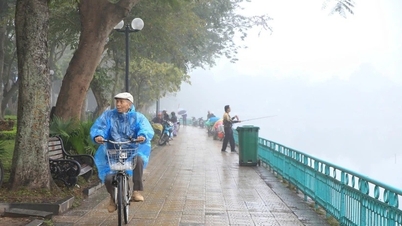



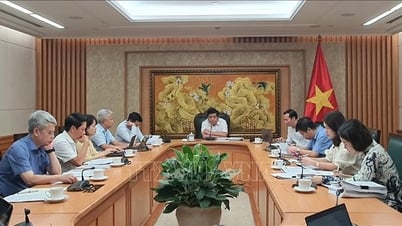




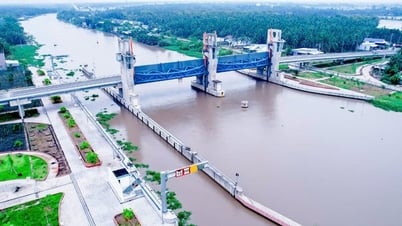









































![[Photo] Prime Minister Pham Minh Chinh talks on the phone with Singaporean Prime Minister Lawrence Wong](https://vphoto.vietnam.vn/thumb/402x226/vietnam/resource/IMAGE/2025/5/8/e2eab082d9bc4fc4a360b28fa0ab94de)

































Comment (0)